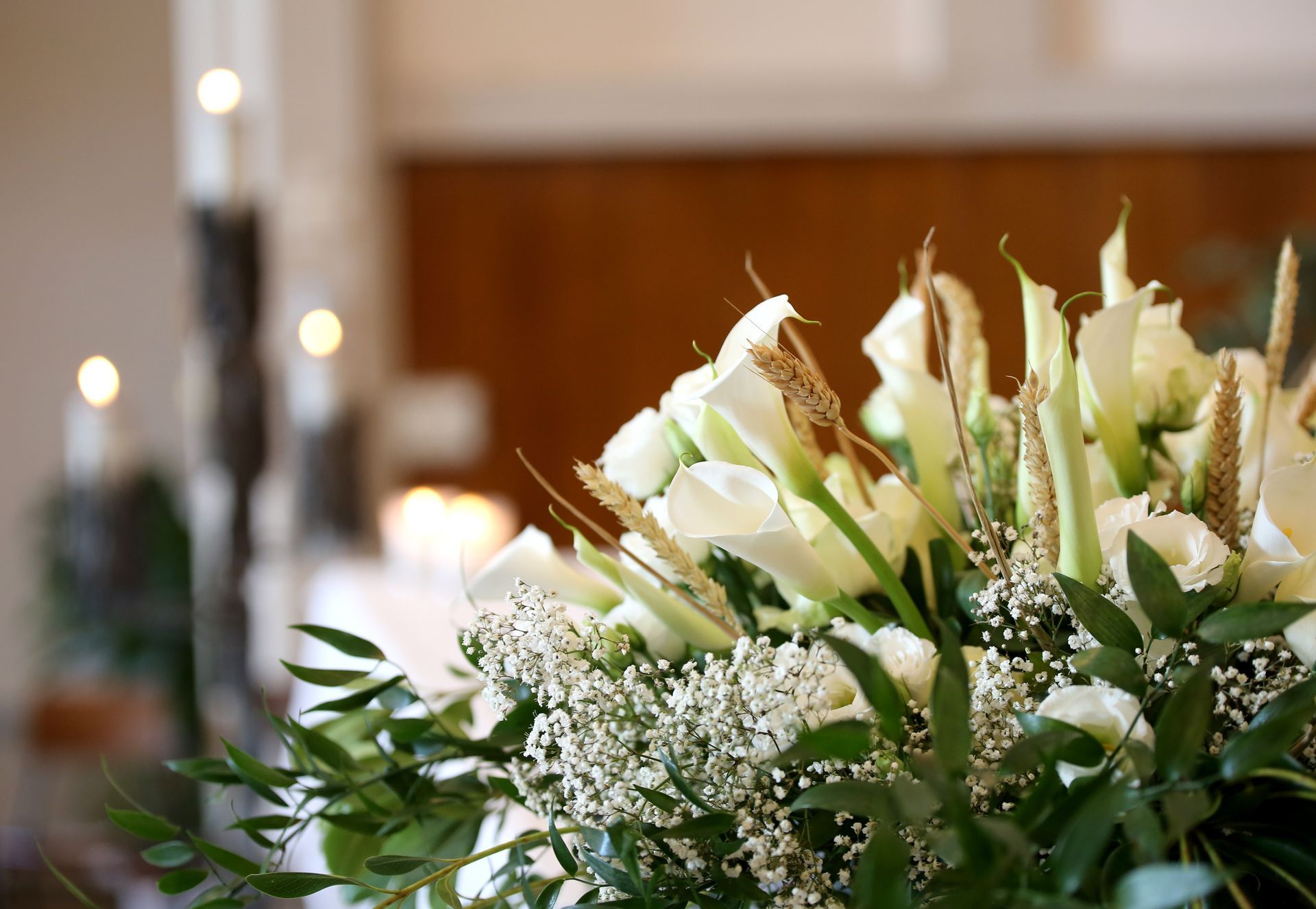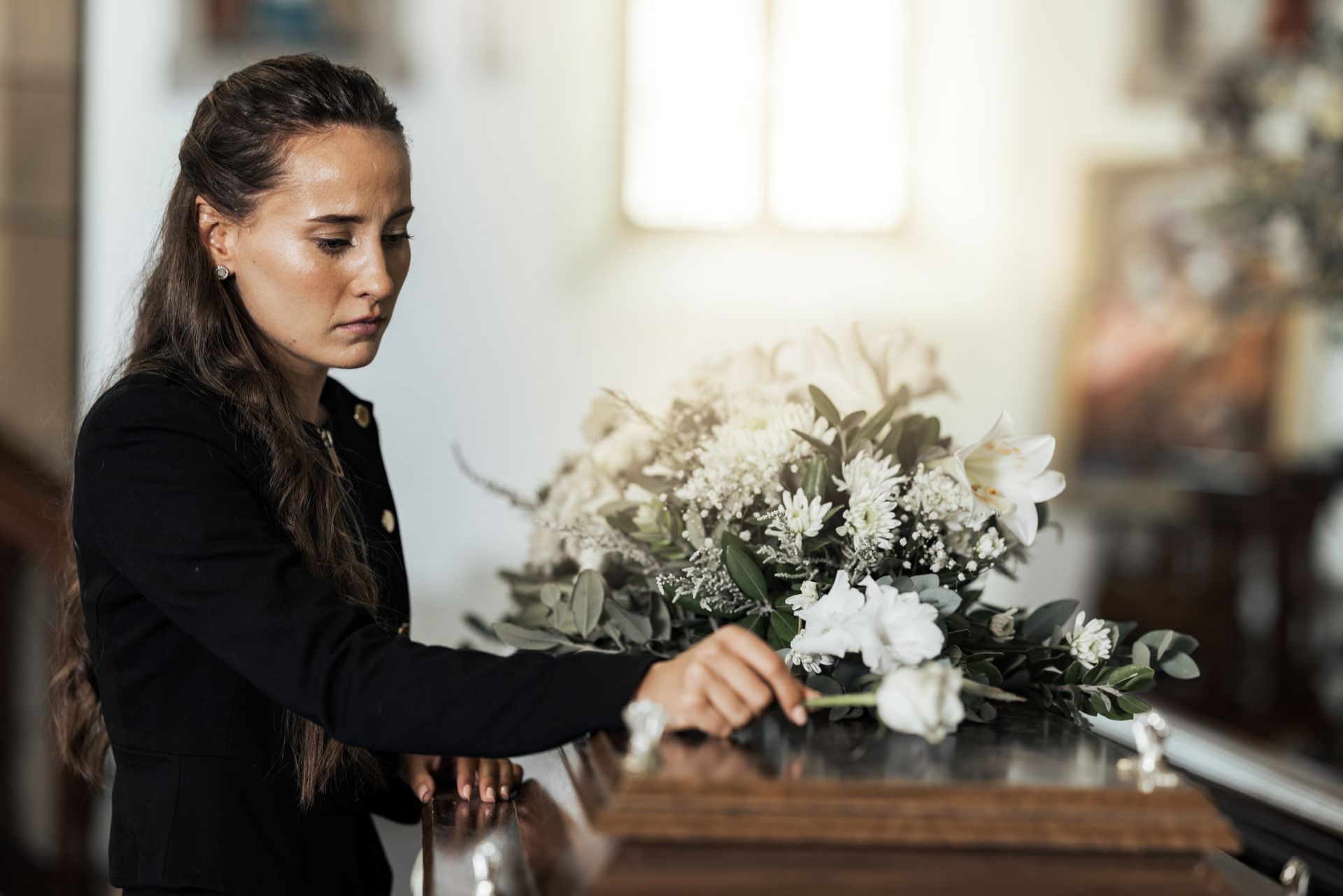What is Embalming?
If you are making funeral arrangements for someone close to you, you may be thinking about embalming. If this is a concept totally new to you, or you have questions regarding the embalming process then this guide is for you. At Water & Sons’ our ethos centres on our care and personal service supporting you from the first point of contact to the day itself.
What does it mean to embalm a body?
Embalming is the process of preserving a body by delaying the natural effects of death. Specialist embalming solutions are used on the body of your loved one to enhance their colour and appearance, making them look more peaceful and at rest. If a body is going to be viewed, embalming specialists will usually fix their hair, make up and often dress them in their favourite clothes too, depending on the requests of family.
Is body embalming important?
Embalming a body is a common funeral practice that is used by funeral directors all over the world to preserve the body of the deceased. Whether it’s an open casket funeral or a family wish to spend more time with a loved one, many people find viewing a body in such a way helps put family members at peace, seeing them in a more lifelike state.
Other reasons for choosing embalming include:
- A person may have requested it before they passed
- It’s part of a prepaid funeral plan
- If the body needs to be repatriated
- If there is a delay with the funeral
How long does funeral embalming take?
The embalming process takes around two hours. You may be asked to provide a photo or advice. This can be useful when applying make-up and styling their hair, to help make them represent how they looked in life.
How long does it last?
There is no winning structure for a eulogy, and it can depend on the tone of voice you’ve settled on.
Embalming is not permanent as it only delays the natural process of death. Usually, it will preserve the body for around a week, however temperature conditions and other factors may affect this.
Can a person be buried or cremated without being embalmed?
Yes, embalming is not required for a burial.
Is embalming required by law?
While in most cases there isn’t a legal requirement to embalm a body there are some exceptions, for instance if your loved one needs to travel abroad for the funeral or have died from an infectious disease.
Can a body be viewed without being embalmed?
Yes, but be aware there could be a shorter time frame in which you are able to visit your loved one. However, if you choose not to embalm, our funeral home can still prepare your loved one for a viewing. This will consist of washing their hair and body, dressing them, and setting their features to a natural expression if this is what you wish for.
If you require any more information on how Waters and Sons can support you through this difficult time, feel free to contact us. Alternatively, check out our Arranging a Funeral Guide for valuable advice.


Home | Blog













